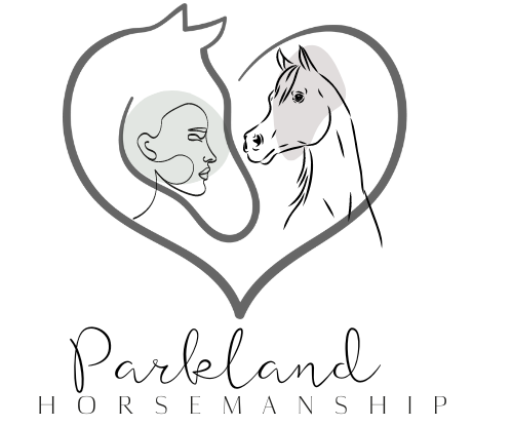Spending time with horses can bring immense pleasure. Plus, spending time with horses helps develop trust between two living beings – horses are nonjudgmental, curious creatures that make great companions!
Riding or grooming horses provides an engaging social scene and has been proven to lower levels of cortisol, the stress hormone.
1. Increased Muscle Tone
While horseback riding may appear effortless for riders, it can actually be quite demanding and full-body workout. Coordinating leg pressure, rein pressure and body position to controlling an animal’s speed requires a surprisingly strong core to navigate successfully through horseback riding.
A strong partnership can develop between riders and their horses that is deeply satisfying, offering enormous empowering effects in terms of confidence, self-esteem, assertiveness, emotional regulation, self-assuredness, assertiveness, and emotional regulation.
Riding can also help alleviate stress. A study has demonstrated that people who participate regularly in equine therapy experience reduced levels of the stress hormone cortisol in their bodies, suggesting horseback riding can significantly lower overall anxiety levels.
2. Increased Flexibility
Riding and caring for horses provides an incredible cardiovascular workout and strength training opportunity. Flexibility of body movement must match that of a horse for safety and effectiveness purposes; furthermore, good balance and coordination is also required to ride effectively.
Riders need to develop problem-solving skills as they communicate with their horse or pony and navigate obstacles on the trail. Riding provides an opportunity to enjoy nature while getting some fresh air and sun exposure.
Core muscles must also be flexible to support proper saddle posture. Stretching hip flexors can reduce lower back pain while improving seat control for riders. Furthermore, reducing rounding of shoulders may lead to better posture and lessened stress.
3. Increased Strength
Riding strengthens muscles, particularly core ones needed to remain balanced in the saddle, while simultaneously improving coordination and balance between both legs and the upper body. Riders must quickly respond to unexpected situations on horseback which develops their problem-solving skills.
Horses are intelligent animals who can quickly detect even subtle shifts in mood or behaviour of their riders, teaching humans how to communicate nonverbally using body language – helping riders learn how to regulate their own emotional states.
Riding provides riders and horses the chance to socialise, which can help to build both self-esteem and confidence. Riding can even have a meditative effect as riders focus on their ride and the relationship they form between themselves and their horse or pony.
4. Increased Coordination
Spending time with horses has long been believed to cause the body to release serotonin, which in turn improves mood. Horseback riding requires coordination of multiple muscles in both core and legs in order to remain balanced in the saddle – providing both physical and mental exercise that fosters calm self-confidence while developing problem solving skills.
Riding horses also helps riders improve posture and balance, leading them to describe horseback riding as one of the most relaxing parts of their day – likely due to muscle and joint movement, enhanced circulation and beautiful scenery.
Therapeutic riding programs for the sight-impaired have proven that horseback riding can help develop improved coordination. This is because, to successfully ride, a person must coordinate their movements with those of the horse at various points of contact such as its saddle (bottom), stirrups (legs) and reins (hands), creating the kind of coordination which distinguishes good athletes from great ones.
5. Increased Self-Esteem
Horseback riding can be an extremely relaxing activity that helps riders ease away from their thoughts and focus on something else. Furthermore, riding also builds problem-solving skills as riders figure out how to guide a 1,000-pound animal through obstacles on the trail.
Riding horses helps riders develop core muscles, improving balance and coordination. Riders must use these muscles to help stabilize themselves on the horse while keeping it moving forward.
Correlation analysis demonstrated that lower levels of social support before an intervention predicted an increase in horse mastering skills despite control for self-efficacy and self-esteem, suggesting that adolescents with lower social support might find horseback riding most advantageous as it provides them with an arena to discover experiences within an atmosphere they perceive to be supportive.

